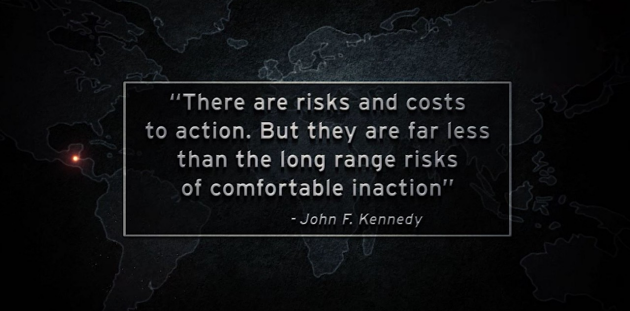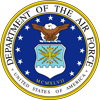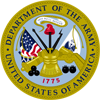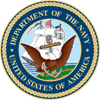 Prev - 91F Prev - 91F | Intelligence and Combat Support | Next - 18C |
Special Forces Candidate - 18X

- Active/Reserve:Active Duty
- Officer/Enlisted:Enlisted
- Restrictions:None
Special Forces candidates are given the opportunity to become a member of one of the most highly skilled combat forces in the world. But they must complete and endure the extensive mental/physical training in order to join the Army elite.
There are four entrylevel Special Forces Military Occupational Specialties. Your specialty will be decided on your background, aptitude and the needs of the Army:Special Forces weapons sergeants: capable of using a wide variety of light/heavy infantry weapons and tacticsSpecial Forces engineer sergeants: specialists in a wide range of disciplines such as construction, demolition and topographic surveysSpecial Forces medical sergeants: considered to be the finest firstresponse/trauma medical technicians in the worldSpecial Forces communications sergeants: operate every kind of communications gear, from encrypted satellite communications systems to UHF/VFH systems
Those who want to serve must first take the Armed Services Vocational Aptitude Battery, a series of tests that helps you better understand your strengths and identify which Army jobs are best for you.
Special Forces candidates attend Infantry One Station Unit Training, which combines Army Basic Combat Training and Advanced Individual Training in a 14-week course. Upon graduation, Special Forces Candidates will attend Airborne Training, followed by a 4-week Special Operations Preparation Course and the Special Forces Assessment and Selection program. This program allows Special Forces an opportunity to assess each Soldier's capabilities by testing his physical, emotional and mental stamina. If the recruit passes, he moves on to the Special Forces Qualification Course to develop the necessary skills of a Special Forces Soldier. The course is currently divided into three phases:
Individual Skills Phase: 40 days of training in common skills, land navigation and tacticsMOS Qualification Phase: 65 days of training in different specialties that include a mission planning cycleCollective Training Phase: 38 days of training in Special Operations, Direct Action Isolation, Air Operations and Unconventional Warfare classes Other areas include:Language Training: Languages are assigned in relation to the scores from the Defense Language Aptitude Battery testSurvival Training: The survival, evasion, resistance and escape course
Ability to work as a team memberReadiness to accept a challenge and face dangerAbility to stay in top physical conditionInterest in weapons and artilleryAbility to remain calm in stressful situations
The Armed Services Vocational Aptitude Battery (ASVAB) is an examination that is administered by the United States Military Entrance Processing Command. It is used to determine qualification and helps predict future academic and occupational success in the military.
General Technical (GT): 110, Combat (CO): 100
Total compensation includes housing, medical, food, special pay, and vacation time.
See the whole list of Army Occupational Specialties here
To learn more about the Army's rank structure, see our complete list of Army ranks.
To see a list of military medals and decorations that can be earned by servicemembers in the Army and other branches of the military, see our list of military decorations and medals.








































































































































